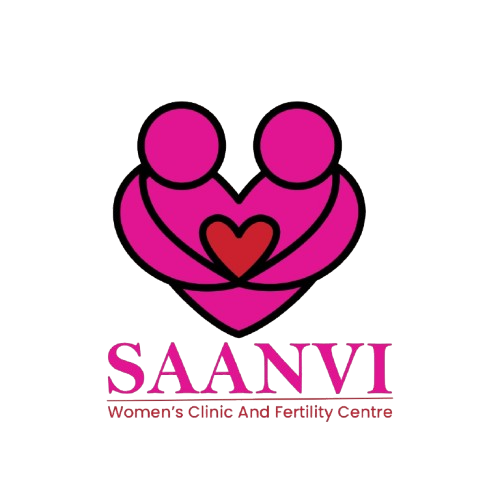Ovulation Induction is a fertility treatment that uses medications to stimulate the ovaries to release one or more mature eggs during a woman’s menstrual cycle. It is ideal for women who have irregular or absent ovulation (anovulation), which is one of the most common causes of infertility.
This treatment is often combined with timed intercourse or IUI (Intrauterine Insemination) to improve the chances of conception.
What Does Ovulation Induction Involve?
- Initial Evaluation: A thorough assessment of your hormone levels, menstrual cycle, and medical history is done to determine the best treatment plan.
- Medication: Fertility drugs like Clomiphene Citrate, Letrozole, or gonadotropin injections are prescribed to stimulate the ovaries.
- Cycle Monitoring: Ultrasound scans and blood tests are used to track follicle growth and hormone levels.
- Ovulation Trigger: When the follicles are ready, a hormone injection (HCG) may be given to trigger ovulation.
Personalized Protocols
We tailor medication doses and plans based on your hormone levels, cycle pattern, and fertility goals.
Close Monitoring
Our fertility specialists use regular scans and tests to ensure safe and effective ovulation.
Minimized Risk
We focus on stimulating just the right number of follicles to reduce the risk of multiple pregnancies or overstimulation.
When is Ovulation Induction Recommended?
- Irregular periods or no ovulation (e.g., PCOS)
- Hormonal imbalance causing anovulation
- Unexplained infertility
- As part of IUI cycles
- Women with mild endometriosis or thyroid-related issues
Frequently Asked Questions (FAQs) about Ovulation Induction
No. While it’s commonly used for PCOS, it also benefits women with hormonal imbalance, thyroid disorders, or unexplained infertility.
Ovulation can be confirmed with blood tests, ultrasound scans, ovulation kits, and by tracking your cycle. Your doctor will monitor this closely during treatment.
Yes, when used under medical supervision. Side effects are usually mild but can include bloating, mood swings, or mild discomfort.
There is a slightly increased chance of twins or multiple pregnancies, especially with injectable gonadotropins. However, careful monitoring reduces this risk.

